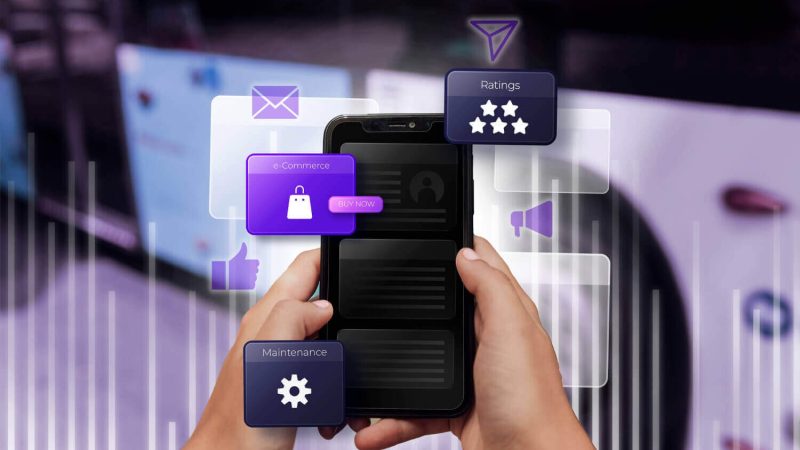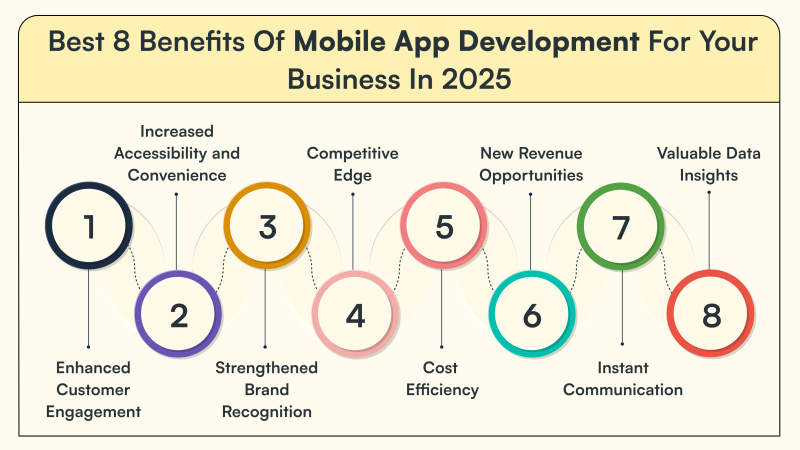Power Apps vs. Traditional App Development: Pros and Cons

In today’s digital environment, demand for applications exceeds all other statistics. Globally, 3.8 billion individuals use smartphones, which is close to 50% of people on the earth. Additionally, Apple offers 1.96 million apps for daily download, and the Google Play Store provides 2.87 million apps. With such hype, cruising demand for apps, and several app development platforms— organizations might be in turmoil to choose the best from many. Hence, to make your havoc easy and to help you find the best platform to develop your app, we compared Microsoft power apps services to traditional app development.
Comparing power apps with traditional app development makes sense, as today, 97% of Fortune 500 companies use the capabilities of power apps and Dynamics 365.
Being a market leader, Microsoft Power apps provide many benefits and opportunities. However, every coin has two sides. Similarly, Power Apps do have pros and cons. And many capabilities are found in traditional app development, but it lacks a power apps platform. Hence to make your path streamline, choose one; let’s find out the best by comparing and discussing the pros and cons of each platform.
Also Read: How React.JS Is Beneficial For Your Web App Development project?
Power Apps vs. Traditional App Development (Features):
| Features | Power Apps | Traditional Apps |
| Rapid Development | Regular maintenance and updates are necessary for traditional app development, including server management, security updates, and bug patches. Organizations must dedicate funds and make plans for ongoing upkeep. | Traditional app development is a long and complicated process that requires a lot of coding and a team of developers. This can be time-consuming and expensive. |
| Cost – Effectiveness | Power Apps is a cost-effective app development platform that can be used by businesses of all sizes. It eliminates the need for hiring specialized developers and reduces the development lifecycle, which can save businesses a lot of expenditures. | Traditional app development is expensive and time-consuming. It requires hiring developers with specialized skills and experience, which can be costly. Additionally, the development process can take a long time, which can add to the overall cost of the project. |
| Customization &Complexity | With the approach of low-code, no-code power apps deliver app development quickly. Moreover, It has a drag-and-drop interface and pre-built templates that you can use to create apps quickly and easily. | Traditional app development is a procedure that gives developers the ability to make unique applications that address certain demands. This process is often used for large-scale enterprise applications because it offers unlimited customization possibilities. |
| Integration and Scalability | Power Apps can be used to create apps that work with other Microsoft products, like SharePoint and Microsoft 365. Such integration makes it easy to use data from various products in your apps and makes your apps more powerful. Moreover, users can use Power Apps to create apps for small and medium-sized businesses. | Traditional app development is more flexible and can handle complex integrations. Such flexibility makes it a good choice for large-scale applications that need to integrate with third-party systems and APIs. |
| Maintenance and Update | Power Apps makes it easy to maintain and update your apps. Microsoft cares for the infrastructure and security, so you don’t have to. Microsoft regularly releases updates and patches to ensure that your apps are always secure and up to date. | Regular maintenance and updates are necessary for traditional app development, including server management, security updates, and bug patches. Organisations must dedicate funds and make plans for ongoing upkeep. |
Power Apps vs. Traditional App Development (Pros and Cons):
| Power Apps | |||
| Power Apps | Pros | Power Apps | Cons |
| Ease to use | Easy to use | Less Customizable | While low-code platforms are excellent for quickly building simple apps, they might not be the ideal option for big projects or organisations that need to scale quickly. |
| Mitigate IT workloads | By offering IT professionals embedded with expanded toolkits, and low-code, no-code app development provides flexibility to IT worker and space to prioritize more technical labour and custom project. | Limited Integration | By offering IT professionals embedded with expanded toolkits, and low-code, no-code app development provides flexibility to IT workers and space to prioritize more technical labor and custom project. |
| With ready-to-use templates and tools, users can bring apps to the market faster than ever before. | Partnering with Microsoft businesses can stay confident regards to security concerned of apps and data security. Power apps platforms are secured with robust built-in security tools that protect your data and infrastructure absolutely. | Less Flexibility in Templates | Working inside the predetermined template may require employees to come up with workarounds or change their viewpoints on how functional an app should be. |
| Provides Valuable Data | Bring Apps to Market Faster | ||
| Secured Infrastructure | Partnering with Microsoft businesses can stay confident regards to security concerned of apps and data security. Power app platforms are secured with robust built-in security tools that protect your data and infrastructure absolutely. | ||
Traditional Apps
| TraditionalApps | Pros | Traditional Apps | Cons |
| Highly Customizable | Customers can plan, design, and prepare apps that are tailored to meet specific objectives of your organization. | Continuous maintenance | To keep traditional app working smoothly user requires continuous maintenance and security upkeep. |
| Customers can plan, design, and prepare apps that are tailored to meet the specific objectives of your organization. | Traditional apps have more expandability capabilities to get integrated with numerous third-party apps. | Not cost effective | Like Power Apps, users cannot make apps live quickly. As traditional app building is a complex process it requires time to go live. |
| Expanded Functionalities | Integration with another system | Longer Implementation period | Traditional app development offers various functionalities that help user to built apps that meet specific business needs. |
Conclusion –
The mentioned tables provide an in-depth analysis of two different app development platforms. Both have advantages and disadvantages that distinguish them from one another. However, while choosing one user should examine the business requirements and accordingly opt for the app development platform.
Nevertheless, Microsoft Power App service is a far better service provider than traditional app services. Embarking on Power Apps can offer you professional-grade app development with dedicated power apps consultants that help you develop your dream apps into reality.
Also Read: Top Application Development Practices You Must Follow in 2023
Hire dedicated power app solutions & development services providers today and leverage the capabilities of Power apps. Hire Microsoft PowerApp service-providing companies in the USA, CANADA, and India connecting to seasoned PowerApp development companies.






